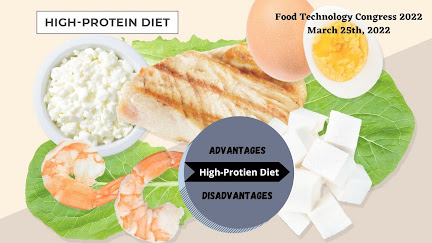How does nutritional deficiencies affect your body?
When
the body does not receive enough nutrients,
such as vitamins
and minerals,
nutritional deficiency occurs. Anemia, for example, is one of the disorders
induced by nutritional deficiencies. Vitamins are necessary for the body to
keep healthy and perform correctly. Supplements such as multivitamins and
minerals are widely used. Diseases can be caused by nutrient shortages.
"Deficiencies in calcium and vitamin D, for example, can lead to
osteopenia or osteoporosis, both of which are characterised by brittle
bones," explains Kate Patton, RD, a dietitian at the Cleveland Clinic in
Ohio. "Anemia, which saps your energy, might be caused by a lack of
iron." Protein Energy Malnutrition, Scurvy, Rickets, Beriberi,
Hypocalcemia, Osteomalacia, Vitamin K Deficiency, Pellagra, Xerophthalmia, and
Iron Deficiency are only a few examples.
Our
bodies get the "information" and elements they need to function
effectively from the food we eat. Our metabolic systems struggle and our health
deteriorates if we do not receive the correct information. We can become
overweight, undernourished, and at risk for diseases and disorders like
arthritis, diabetes, and heart disease if we eat too much food or food that
provides our bodies the wrong instructions. In a nutshell, what we eat has a
significant impact on our health. Take a look at Webster's definition of
medicine: "the science and art concerned with the preservation of health
and the prevention, mitigation, or cure of disease."
The
nutrients in meals allow our bodies' cells to carry out their essential jobs.
The nutrients in food are vital for our physical functioning, according to this
passage from a popular textbook. "Nutrients are nourishing compounds found
in food that are required for bodily growth, development, and maintenance.
Essential means that if a nutrient is missing, it affects aspects of function
and, as a result, human health. The metabolic processes slow down or even cease
when nutrient intake does not match the nutrient needs required by cell
activity on a regular basis." Nutrients, in other words, provide our
bodies instructions on how to function. Food can be thought of as a source of
"information" for the body in this way. This
way of thinking about food gives us a perspective on nutrition that extends
beyond calories and grammes, good and bad meals. This perspective encourages us
to concentrate on foods that we should eat rather than ones that we should
avoid. Rather of seeing food as the adversary, we see it as a tool for
promoting health and preventing sickness by assisting the body's function.
7 Common Nutrient
Deficiencies:
·
Calcium:
Numb, Tingling Fingers and Abnormal Heart Rhythm
·
Vitamin
D: Fatigue, Bone Pain, Mood Shifts, and More
·
Potassium:
Muscle Weakness, Constipation, Irregular Heart Rhythm, and More
·
Iron:
Fatigue, Shortness of Breath, Cold Hands and Feet, Brittle Nails, and More
·
Vitamin
B12: Numbness, Fatigue, Swollen Tongue, and More
·
Folate:
Fatigue, Diarrhea, Smooth Tongue, and More
·
Magnesium:
Loss of Appetite, Nausea, Fatigue, and More



Comments
Post a Comment